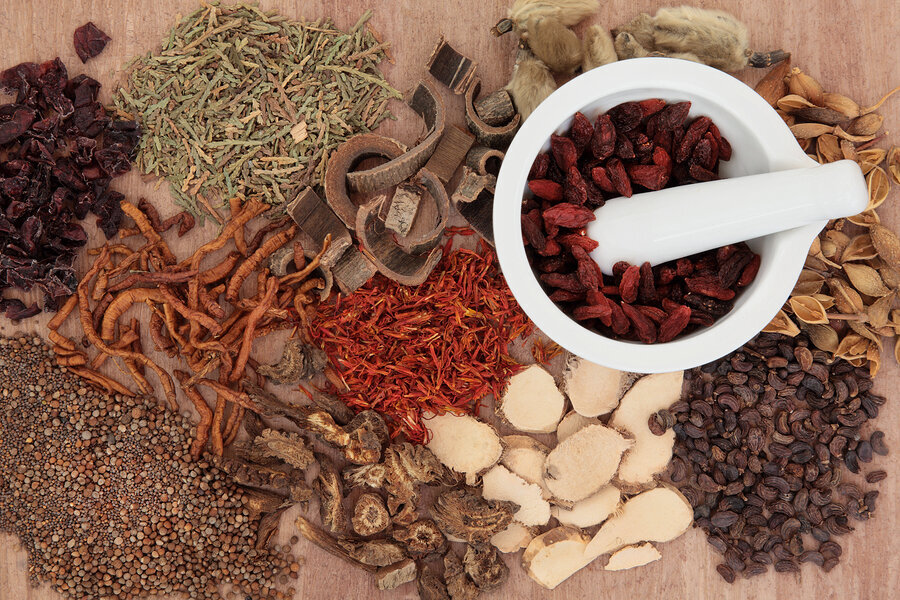Iran, Thailand to develop co-op on traditional medicine

TEHRAN – Iran and Thailand discussed ways to expand cooperation on traditional herbal medicine.
In a meeting on Wednesday, Arman Zargaran, an advisor to the Iranian health minister, met with Thailand health ministry official Tongchai Lertwilairatanapong.
The two sides considered similarities between the models of Persian and Thai medicines as a very interesting point for this cooperation, suggesting holding short-term courses, helping to transfer professors and students, as well as supporting the visiting professor program, and research projects as fields of cooperation.
Zargaran suggested sharing and transferring management experience in the integration of traditional medicine in the health system of the two countries as another field of cooperation.
It was also decided that a joint memorandum of understanding should be prepared for signing by the two sides, and at the same time, a roadmap for the implementation of this memorandum should be drawn according to the potential of both parties and related scientific centers.
Iranian traditional medicine
Iranian traditional medicine strongly focuses on prioritizing health maintenance and disease prevention over treatment.
It is one of the most ancient forms of traditional medicine. It is grounded in the concept of four senses of humor: phlegm (Balgham), blood (Dam), yellow bile (Safra'), and black bile (Sauda'). The concept of the four senses of humor is based on the teachings of Rhazes and Avicenna in an elaborate medical system.
So far, about 30,000 plant species have been identified in the world, with Iran's share of about 8,000 species which is more than the whole of species found in Europe.
Some 2,300 species of medicinal plants have been identified in the country, accounting for one-third of the medicines used in human societies.
The per capita consumption of medicinal plants in Iran is about one kilogram of dried plants, in other words, 83,000 tons of medicinal plants worth 1.2 trillion rials (around $4 million) are consumed in the country, while in Europe this amount is 900 grams and in the United States is 2.5 kilograms.
The export revenue of medicinal plants is estimated at $700 million, the caretaker of the Vice Presidency for Science and Technology, Rouhollah Dehghani, said.
Iran ranks fourth worldwide in the production of science in the field of traditional medicine, and the remarkable achievement will improve in the coming years, Hosseini Yekta announced.
Over 17,000 books have so far been published about Persian traditional medicine, which has been recognized by the World Health Organization, she noted.
FB/MG
